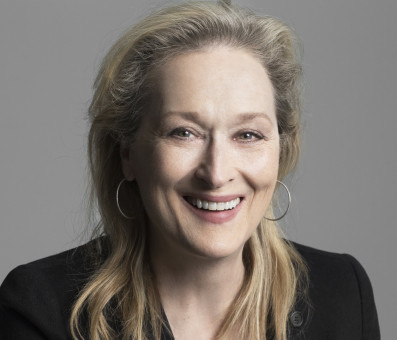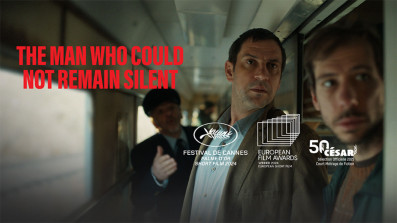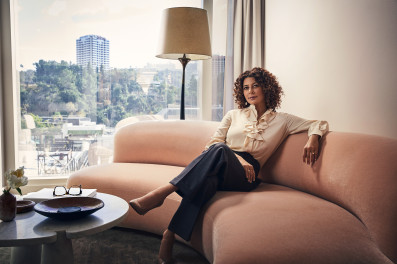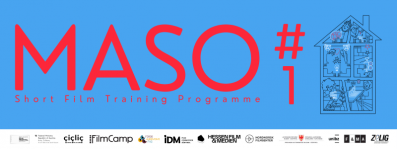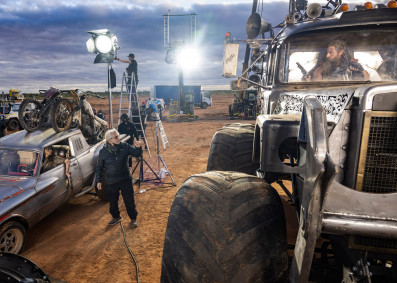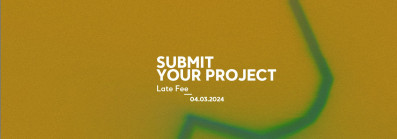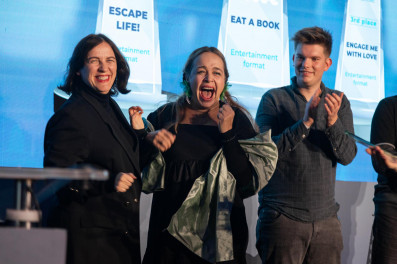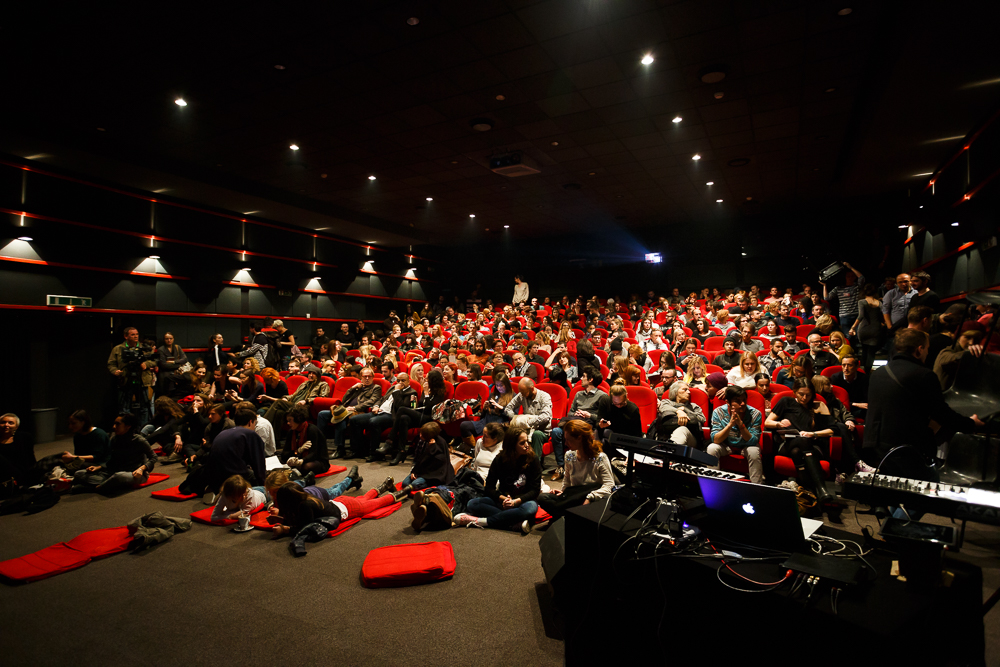
Reflections in Times of Virtual Tsunami - closing statement of 15th edition of PLJFF
The real voyage of discovery consists not in seeking new landscapes, but in having new eyes. Marcel Proust
The 15th edition of the Pravo Ljudski Film Festival, or the first online, is at its end. Surely, we truly missed the conversations, the meetings, the big screen, and the festival excitement that one can feel only around it. However, we feel that the essence of what PLJFF does for at least 15 years is there – preserved and continued - even in times of pandemic and global crisis. We couldn't meet in person, and we had to organize a Festival working remotely, but we hope we maintained the bond between cinema and our audience and hopefully secured a place for the independent film that is now more important and relevant than ever.
Men and women from more than thirty-five countries watched films of this year's programme. Through our platform available at pravoljudski.org, we reached more than 2500 unique viewers, with over 17000 views in total. Through our social media channels (Facebook and Instagram) our programme reached 21.553 and 11.389 viewers, respectively.
- This year the festival happened in a different format and duration and besides bringing a closely curated programme to regional and international audiences, one of our intentions was to engage with our regional and international audiences by encouraging public debates on important subjects such as ecology, post-humanism, post-colonialism, migration and feminism. Even though we didn't have the opportunity to personally connect with our audiences in cinemas in Sarajevo, we are very pleased that we had people watching the films from over thirty-five different countries and we tried in our best capacities to keep the spirit of togetherness and community of the festival by making several public online talks and interviews with filmmakers. Hopefully, next year we will be all together again in cinemas, sharing and caring, said Diogo Pereira, PLJFF programme curator.
The decision to take the festival online wasn't easy to make for the Festival director Kumjana Novakova.
- We have pulled the festival in times when things are changing literally by the minute and by the day. The last year has been a surreal experience for all of us. Our living rooms became our offices, our shelters, class-rooms for the ones with children, and the place where we try to make sense of all of that. On top of it all - our living rooms also became the place for social life - for virtual drinks with friends, for "going" to the cinema, to the theater, to the concert hall.
For Pravo Ljudski this was a huge decision to chew upon: do we join the world that turns our most private and intimate space into a giant platform where everything crashes and clashes and mixes up? Should we add even more content to people already completely exhausted from the virtual that can substitute our real life needs, but actually not really? Even if we accept that cinema can be on the small screens, should we accept the tsunami of content and join it with more content? ...Being at the end of the festival - we are still not sure if we made the right decision. The future will tell us that. In our defense, I want only to say: we really tried to provide slow content, extremely carefully considered, taught about, build and presented. We did our best to support each and every person who is on the way to rethink these crazy times we live in... I sincerely hope we will survive and find new ways, said Novakova.
As a reminder, the closing film of the 15th edition of the Pravo Ljudski Film Festival, State Funeral by Sergey Loznitsa, is available through the pravoljudski.org platform until December 23rd.
State Funeral is two hours long 'autopsy' of the footage shot during March 1953, four days after Stalin's death. The movie is a disturbing history lesson, but, at the same time, a warning and a call to resist and reimagine political alternatives. This is why we considered this film a natural closure of the 15th PLJFF, during which we watched films that openly protest against crimes that we're committing to each other and to the planet where we live. But the programme also presented films that bravely demand new political models and don't allow us to forget the responsibilities we have towards the future.
Thank you for your support! It made it possible for our images to find the words and reach more places and new spaces. May we meet again next year in person, sharing love and sharing films!



